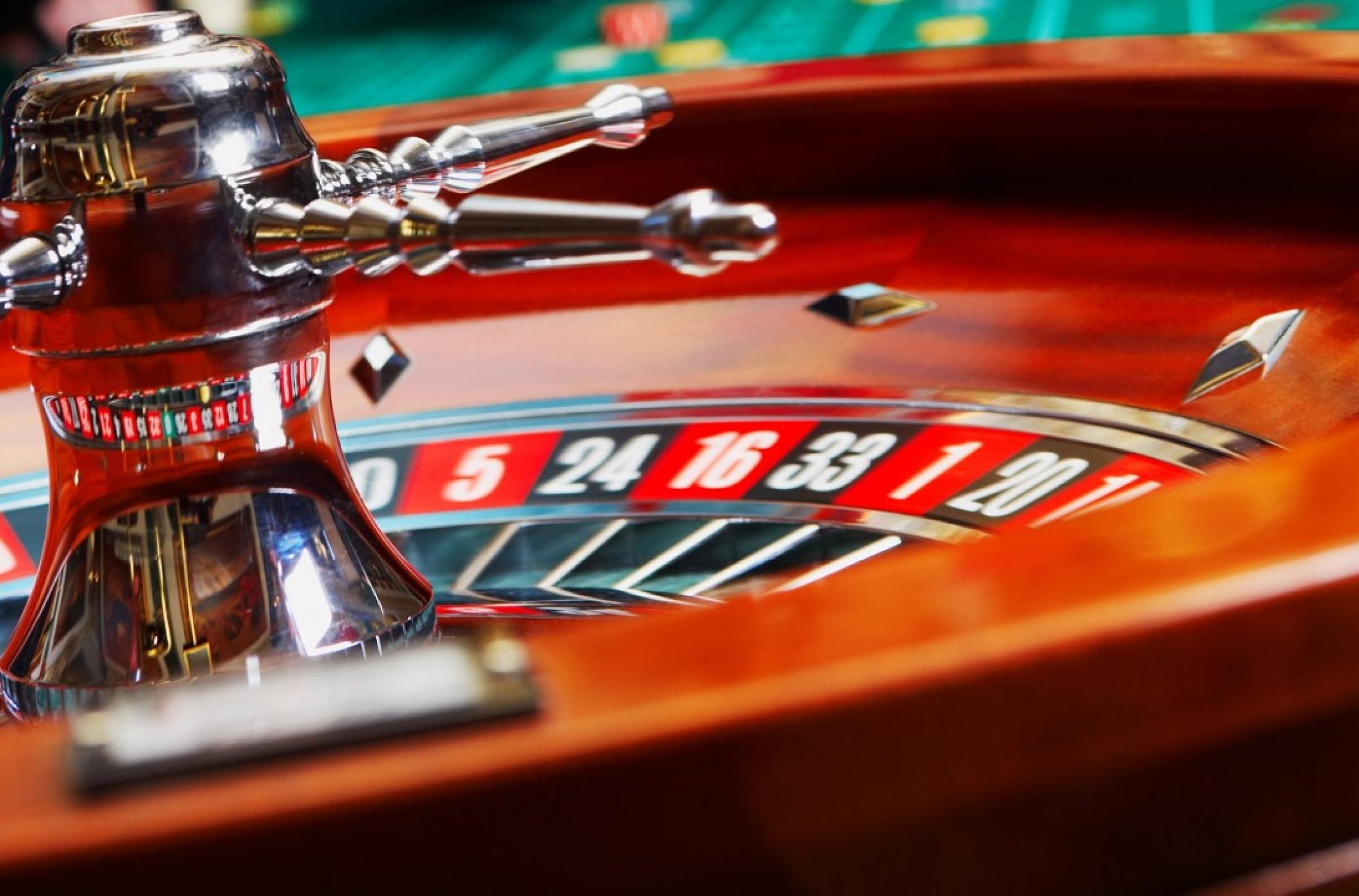In what way Gambling Games Mirror the Human Existence

Casino entertainment have long been a staple in human culture, providing not just entertainment but a intriguing reflection of our dreams, wishes, and anxieties. From the rotating wheels of a slot machine to the strategic gameplay of poker, these games represent a variety of human sentiments and experiences. At their core, casino games are more than a chance to earn cash; they are a snapshot of life itself, where danger and gain converge and fate can change in an eye blink.
As players convene around tables or sit in front of vibrantly illuminated machines, they take part in a tradition that transcends mere playing. These games mirror our natural desires for relationships, adventure, and the search for fortune. They also unveil deeper truths about human behavior, such as our relationship with chance and the excitement of risk. In exploring casino games, we uncover not only the nuances of play but also the intricate pattern of the human story, showcasing our woven narratives of aspiration and reality.
The Mind Behind Gambling
Wagering is intrinsically connected in the psyche of individuals, tapping into various emotions and desires. The thrill of taking risks is a core aspect that attracts participants, be it it's thrill of spinning a roulette wheel or the anticipation of drawing a winning card in a poker game. This rush of adrenaline is frequently likened to other forms of excitement, as the unpredictability of outcomes elicits a distinct psychological response. Gamblers often become entranced by the chance of winning big, leading to an irresistible draw toward casino games.
Additionally, an essential component of the psychology behind gambling is the concept of optimism and aspiration. Participants often indulge in dreams of financial freedom and the luxurious lifestyle that can follow winning. This optimism fuels their ongoing participation in gambling, as it provides a sense of purpose and the belief that a life-changing win could be just one bet away. The story of overcoming odds and finding success resonates with many, strengthening their commitment to play and involve themselves with these games.
Finally, social dynamics play a significant role in gambling psychology. not on Gamstop Casino environments are designed to foster social interaction, where players gather to share the experience of wins and losses. This shared aspect not only amplifies enjoyment but also influences behavior, as individuals often imitate the actions of others around them. The social validation found in mutual thrill can magnify the emotional experience, making casino games a reflection of not just personal desires but also shared involvement within the gaming community.
### Risk and Reward: A Double-Edged Sword
Casino games embody the delicate balance between danger and gain that resonates deeply with the human experience. The rush of placing a bet is often accompanied by a jolt of energy, as gamblers are confronted with the chance of winning big, yet fully aware of the possibility to suffer losses. This twofold experience reflects a essential aspect of life: the decisions we face often come with intrinsic risks, and the chase for gain can compel us to embrace risks we might not typically consider. In this way, gambling activities reflect real-world decisions, enticing gamblers to risk not just their money, but also their aspirations.
The allure of big prizes and winnings fuels a wave of hope, encouraging players to imagine a more promising future that could emerge from a single victorious spin of the roulette or flip of a card. This positive outlook can drive individuals to engage in greater risks, urging them to extend their limits in search of financial gain. However, just as in life, the consequences of these decisions can lead to both triumph and failure. The stories of both jackpot winners and those who have suffered everything at the casino demonstrate the chaotic nature of chance and its consequential repercussions on our existence.
Ultimately, the experience of engaging with casino games serves as a vivid illustration of the nature of humanity. Every round played is filled with the tension of risk, as gamblers weigh the gains against the risks. This dynamic not only highlights the excitement that comes with betting but also unveils the weaknesses that come with the urge for more. As we explore the complexities of choice and consequence in both the gambling world and in life, we find that the search for benefit shapes our sense of self and lives in significant manners.
Community and Solitude in Casino Environment
Casino culture is a unique combination of social engagement and individual pursuit, reflecting the dualities of human experience. Gamblers often come together around games, sharing in the thrill of the action, celebrating wins, and sympathizing over losses. This communal aspect is crucial, as it establishes a sense of belonging and camaraderie among varied groups of people. Regular attendees to gaming establishments may form friendships and establish routines, turning the casino into a alternative home where they feel linked to a greater community of gamblers.
However, the allure of gambling games can also lead to loneliness. As players become engrossed in the thrill of playing, they may isolate from personal connections or neglect to engage with the environment outside the gaming space. For some, the pursuit of a jackpot can overshadow genuine connections, leading to loneliness. The situation of being among others yet experiencing solitary is not rare, as the attention shifts from collective fun to the individual concerns of each player’s path.
This interplay of community and solitude creates a rich mosaic that defines gaming culture. It highlights the complexity of human interactions, where joy and sorrow exist together. Casinos serve as both a refuge for social interaction and a stage for individual challenges, demonstrating how deeply entwined our yearning for connection and the individual quest for wealth can be. In navigating this environment, gamblers confront their own narratives—seeking both the rush of the game and the companionship of other players, ultimately mirroring the broader spectrum of human experience.
